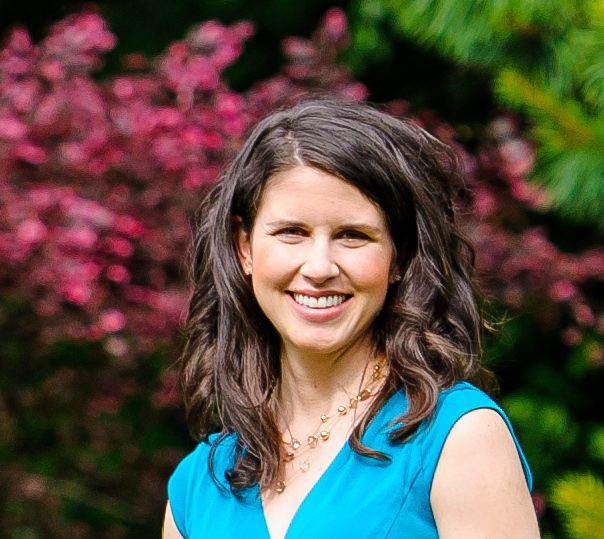272 reads
Top 3 Skills Programmers Should Develop
by
August 2nd, 2021
Audio Presented by

Author of Problem-Solving for Beginner Programmers Using Python: https://a.co/d/btCXGHW
About Author
Author of Problem-Solving for Beginner Programmers Using Python: https://a.co/d/btCXGHW
